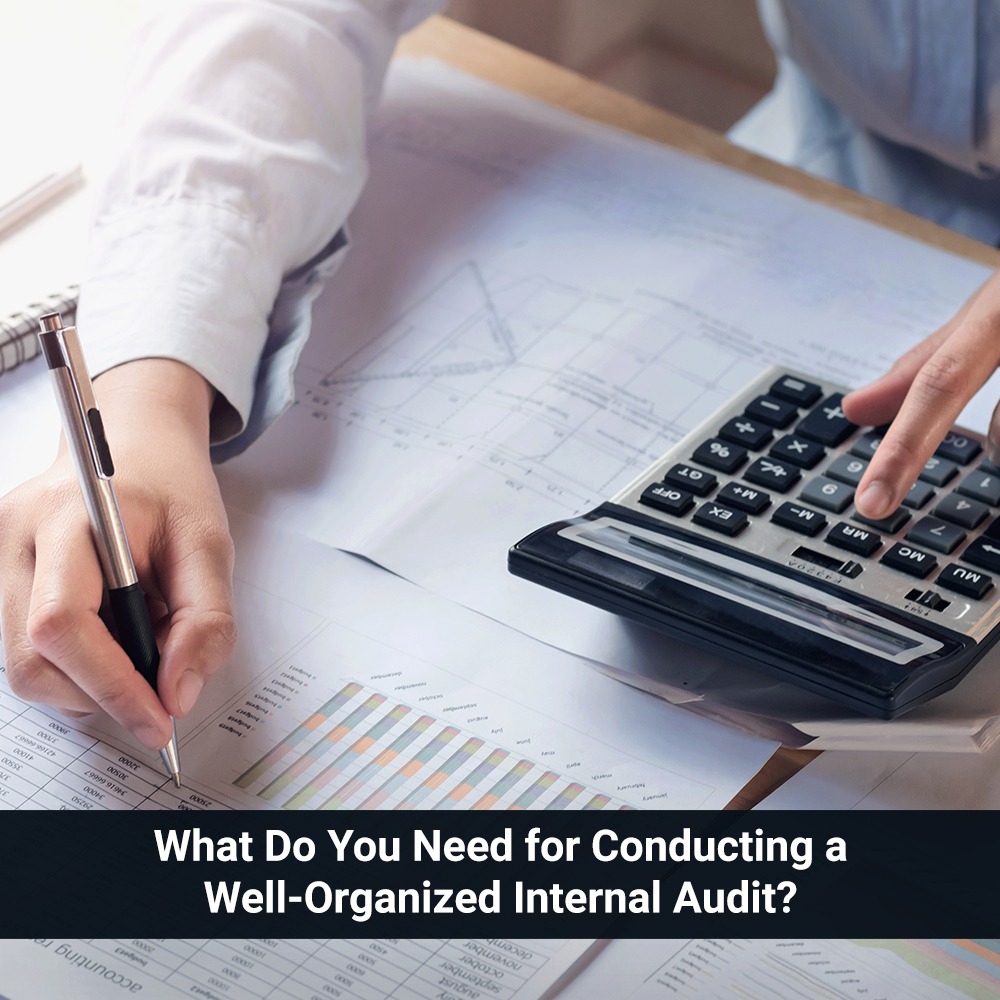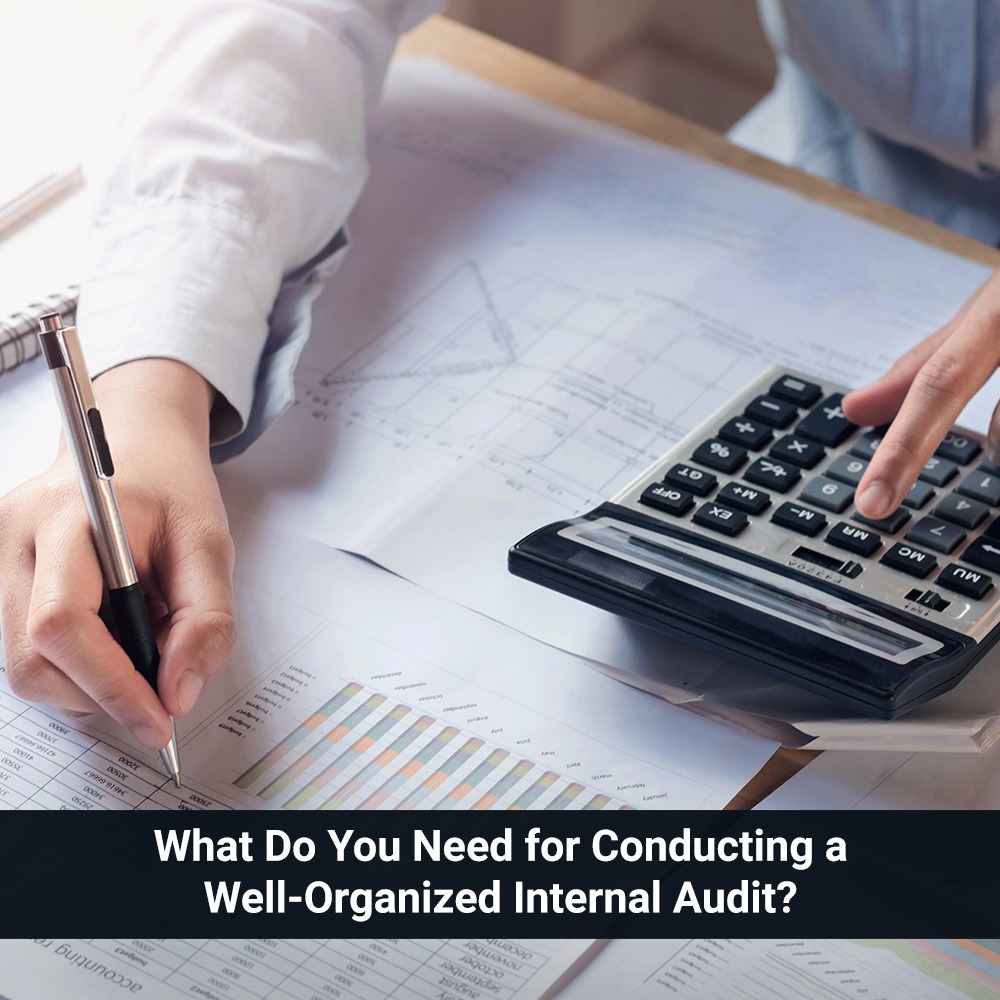 Sound planning and the assistance of internal audit consulting firms- are the main things you need to ensure that your company is making the most out of the internal audit.
Sound planning and the assistance of internal audit consulting firms- are the main things you need to ensure that your company is making the most out of the internal audit.
An internal audit is a control system organized by Internal Auditing Consulting Services in the interests of the owner, which assesses the effectiveness of the internal control system in the organization (hereinafter referred to as ICS), current risk management system (hereinafter referred to as RMS), as well as corporate governance.
ICS and RMS is a system of measures, procedures, methods, and corporate culture norms that are adopted by the company to achieve a balance between the growth of the company’s value, profit, and risks.
All this is done to ensure efficient financial and economic activities, the safety of assets, and compliance with the law, as well as to prepare reliable, managerial, financial, and accounting reports.
It is clear that it is impossible to predict all events, but it is possible to assess the degree of risk of the occurrence or non-occurrence of an event in a business.
So, before proceeding to the organization of the internal audit in the enterprise, it is recommended to first identify, evaluate and analyze the risks that may affect the company’s ability to implement its strategy and achieve its goals.
To do this, the company is recommended to analyze the types of risks, prioritize the risks according to the level of their possible impact (materiality), take into account the established risk appetite, and, based on the work done, select a risk management strategy and method.
The main goal of an internal audit is to identify risks and make recommendations for improving internal processes in the company.
Internal audit should solve the following tasks:
- Determine the level of efficiency of the departments;
- Assess the risks of dishonest/illegal actions of employees and third parties, as well as develop proposals for their elimination;
- Monitor compliance with corporate governance standards and principles.
The company must regulate internal audit procedures independently; there are no strict requirements in the regulatory documents.
Internal audit at the enterprise – what ensures its effectiveness?
The principle of independence of the internal auditor is one of the important conditions for increasing the effectiveness of the results of an internal audit. The second efficiency factor is the level of qualification of specialists who perform the functions of internal audits.
The involvement of a specialized audit company with experience in the internal audit system significantly increases the efficiency of internal audits in the company.
We recommend that internal audit functions be implemented with the involvement of a third-party professional audit organization (outsourcing) because it is more correct to entrust this important amount of work to specialists with appropriate professional training.
This content is meant for information only and should not be considered as an advice or legal opinion, or otherwise. AKGVG & Associates does not intend to advertise its services through this.
Posted by
Aman Aggarwal
AKGVG & Associates

